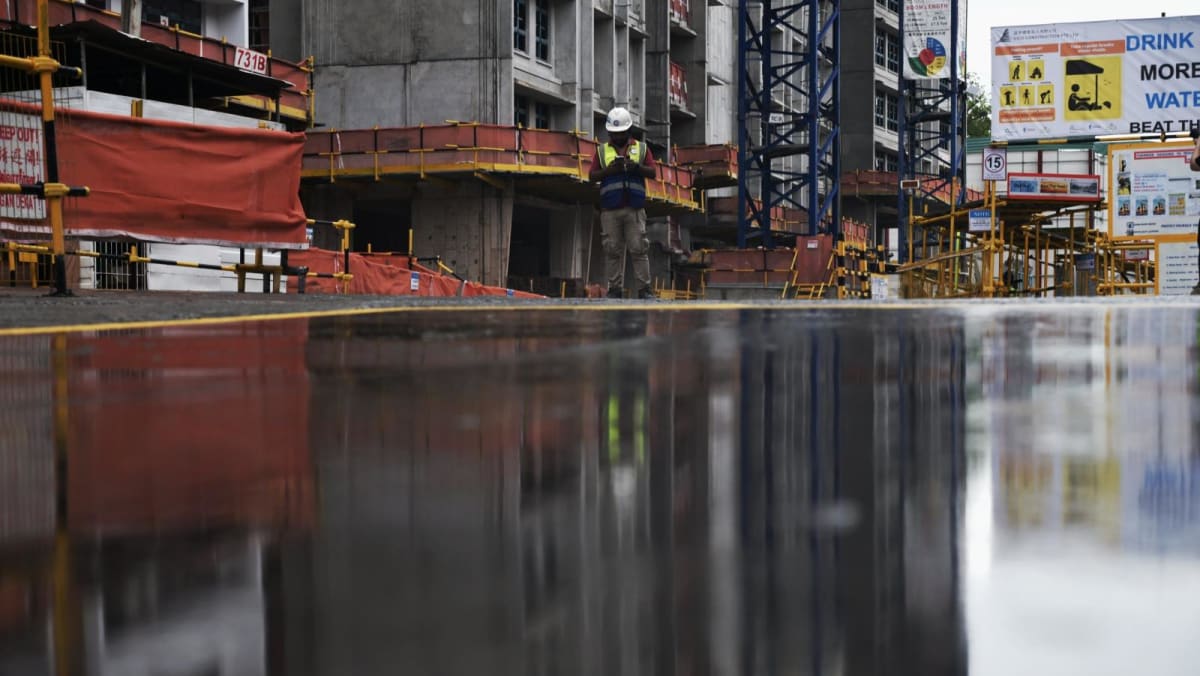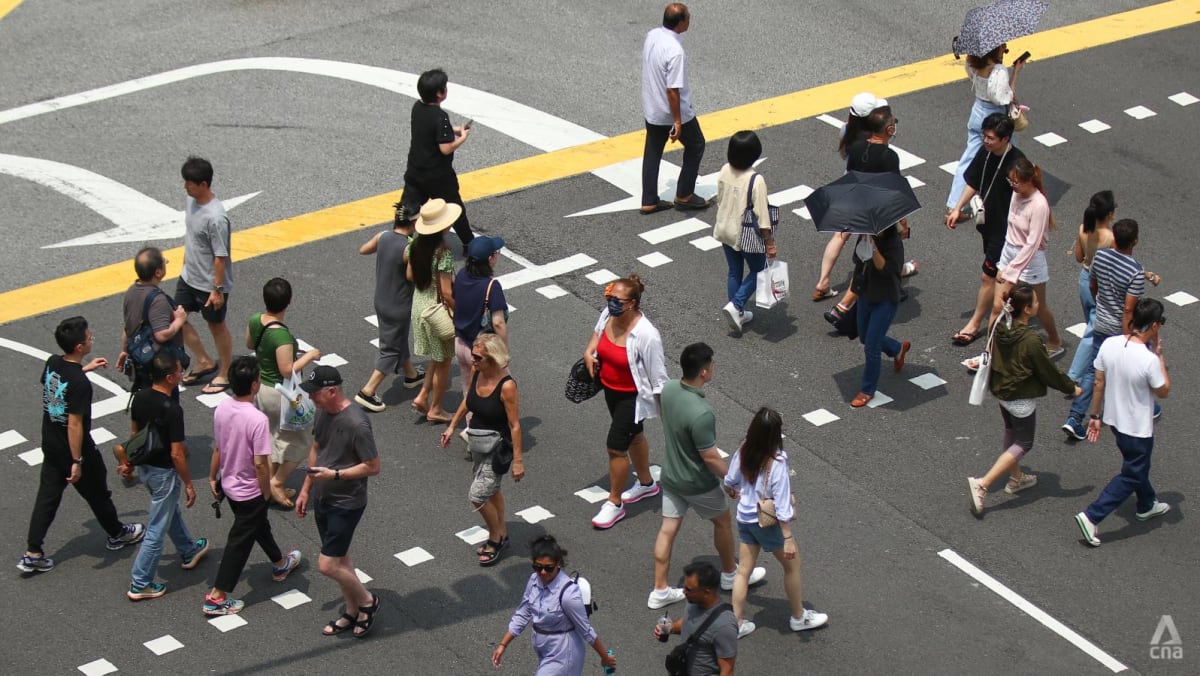Several Members of Parliament had filed questions on the results of the PIAAC study, asking if the Ministry of Education (MOE) has initiatives in place to help people in Singapore maintain literacy levels as they age, and whether the decline in literacy will affect the employability of workers above 35.
Mr Chan on Wednesday said that there is growing research interest in how technology has changed the way one consumes and processes information, with many people moving away from complex writing to shorter social media posts and videos.
“As cognitive outsourcing becomes more prevalent with AI, there is also a risk of erosion of deep thinking and reflection,” he said.
UPSKILLING BEYOND FIRST 15 YEARS OF FORMAL EDUCATION
Responding to questions on what the results mean for the competitiveness of Singapore’s workforce, Mr Chan said that the skills assessed by OECD are not the only ones that affect the employability of local workers.
Other data points will also need to be considered such as whether workers have job-specific skills that are crucial to their competitiveness.
Mr Chan added that there are also other metrics that measure the competitiveness of a country or workforce, such as employment rate, the number of companies that continue to invest in good jobs in Singapore, and whether workers continue to command good wages.
“Nevertheless, to mitigate the atrophy and obsolescence effects, it is necessary for us to continuously upskill and reskill throughout life, beyond the first 15 years of formal education,” he added.
“I always emphasise that while we have done well for the first 15 years of our students’ achievement in school, we must also focus on the next 50 years of their time beyond school.”



